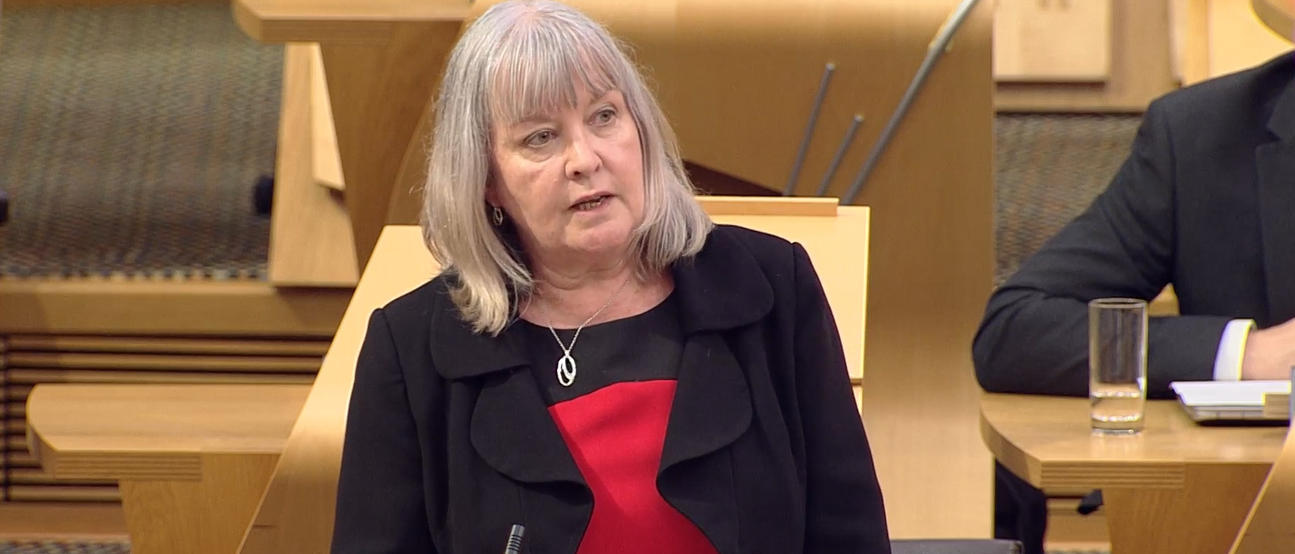Highlands and Islands Labour MSP, Rhoda Grant, is delighted to see her motion on “Green Lairds” debated in Parliament today (Thursday 30th September) and calls for greater land reform and regulation by the Scottish Government. Her motion seeks to address the emergence of “Green Lairds” and their exploitation of our unregulated land market to purchase land in rural areas including the Highlands and Islands.
These private purchasers and businesses buy land due to the climate emergency and to offset their carbon emissions elsewhere. They are then able to claim Government grants and access beneficial tax arrangements, which in turn inflates land values. This disadvantages local communities as they are priced out of purchasing local land.
The MSP has urged the Scottish Government to drastically increase the regulation surrounding Scotland’s land markets to “create a more just and fairer Scotland”.
The MSP has said that this can be done by giving intervention powers to the Scottish Land Commission to act on land monopolies and to better enable public interest purchases. There should also be a cap on the total public subsidy that can be accessed by large land owners. We should also act on Community Land Scotland’s suggestion for a Community Wealth Fund and task Co-operative Development Scotland with promoting co-operative and mutual ownership of land.
Compared to other countries, Scotland is considered to have very little land regulation. This has led to over 50% of rural Scotland being owned by a small number of private owners.
Speaking after the debate Rhoda Grant MSP said: “It is vital that these businesses tackle their carbon emissions but not at the expense of the Scottish people. Buying land to simply off-set their bad behaviour elsewhere is not acceptable.
“Scotland has had an unregulated land market for decades but sadly, we are now seeing a new type of exploitation. We are seeing the commodification and financialisation of the climate emergency which is stimulating private land grabbing.
“For example, these multi-million-pound businesses can take money from the public purse through grant funding to plant trees and build corporate reputation. Some purchasers are also likely to hedge against future carbon tax liabilities too. It’s a win win situation for them yet it disadvantages local communities from buying land that they know and tackling the carbon emergency locally.
Mrs Grant continued: “I am today, urging the Scottish Government to make bold moves to increase land regulations and to encourage community ownership. This will create a more just and fairer Scotland and it will protect our country from this and future exploitation.”

